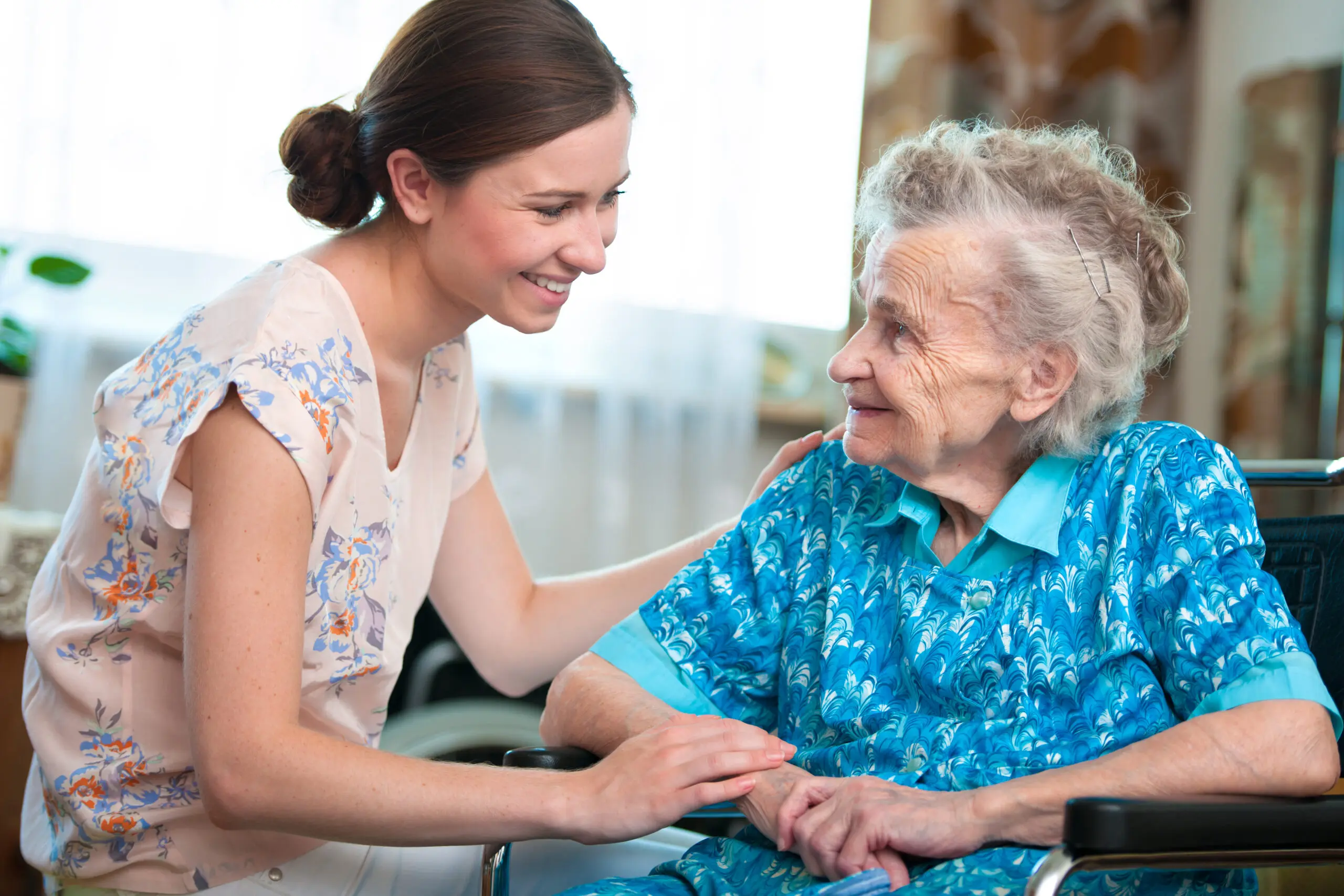
Senior Home Care Tips for a Safe and Comfortable Life
Create a Safe Living Environment
Ensuring a senior-friendly home environment is crucial to their safety and well-being. Making small modifications can prevent accidents and make daily living more manageable.
Remove Hazards
Cluttered spaces, loose rugs, and poor lighting can lead to falls. Clear pathways, secure carpets, and improve lighting in hallways and staircases.
Install Safety Features
Adding grab bars in bathrooms, using non-slip mats, and installing handrails on stairs can provide extra stability for seniors. Consider smart home technology like motion sensor lights for added convenience.
Maintain a Comfortable Temperature
Seniors are more sensitive to temperature changes. Ensure the home has proper heating and cooling to maintain a comfortable living space year-round.
Prioritize Health and Nutrition
Good nutrition and regular health check-ups play a vital role in a senior’s overall well-being.
Plan Balanced Meals: A diet rich in fiber, protein, and essential vitamins is necessary for seniors. Encourage the intake of fresh fruits, vegetables, lean proteins, and whole grains.
Stay Hydrated: Dehydration is a common issue among older adults. Ensure they drink enough water daily, especially in hot weather.
Regular Health Check-Ups: Routine doctor visits help monitor chronic conditions and ensure medication management is on track. Encourage seniors to have regular screenings for blood pressure, cholesterol, and vision.
Encourage Physical Activity: Exercise is essential for maintaining mobility, strength, and overall health.
Low-Impact Workouts: Activities like walking, stretching, chair yoga, and light strength training can keep seniors active without putting strain on their joints.
Daily Movement Matters: Simple movements such as standing up frequently, doing light chores, or even gardening can contribute to maintaining mobility.
Support Emotional Well-Being
Loneliness and mental health challenges can affect seniors. Encouraging social interaction and mental stimulation is important.
Stay Socially Connected: Regular visits from family and friends, phone calls, and video chats can help combat loneliness. Community senior centers and hobby clubs are great ways to stay engaged.
Engage in Hobbies: Encourage seniors to participate in activities like painting, reading, or playing musical instruments. These hobbies stimulate the brain and provide emotional satisfaction.
Monitor Mental Health: Watch for signs of depression or cognitive decline. If necessary, consult a healthcare provider for professional guidance.
Ensure Proper Medication Management
Seniors often take multiple medications, making proper management essential to avoid complications.
Use a Medication Organizer
A pill organizer can help seniors take the right medications at the correct times, reducing the risk of missed or doubled doses.
Set Medication Reminders
Use alarms or mobile apps to remind seniors to take their medicine as prescribed.
Regularly Review Prescriptions
Consult healthcare providers to check for any potential side effects or interactions between medications.
Encourage Good Sleep Hygiene
Quality sleep is essential for overall health, but many seniors experience sleep disturbances.
Create a Relaxing Bedtime Routine
Encourage activities like reading, light stretching, or listening to soft music before bedtime to promote relaxation.
Maintain a Consistent Sleep Schedule
Going to bed and waking up at the same time each day can help regulate sleep patterns.
Reduce Sleep Disruptions
Limit caffeine intake in the evening and keep the bedroom dark, quiet, and at a comfortable temperature.
